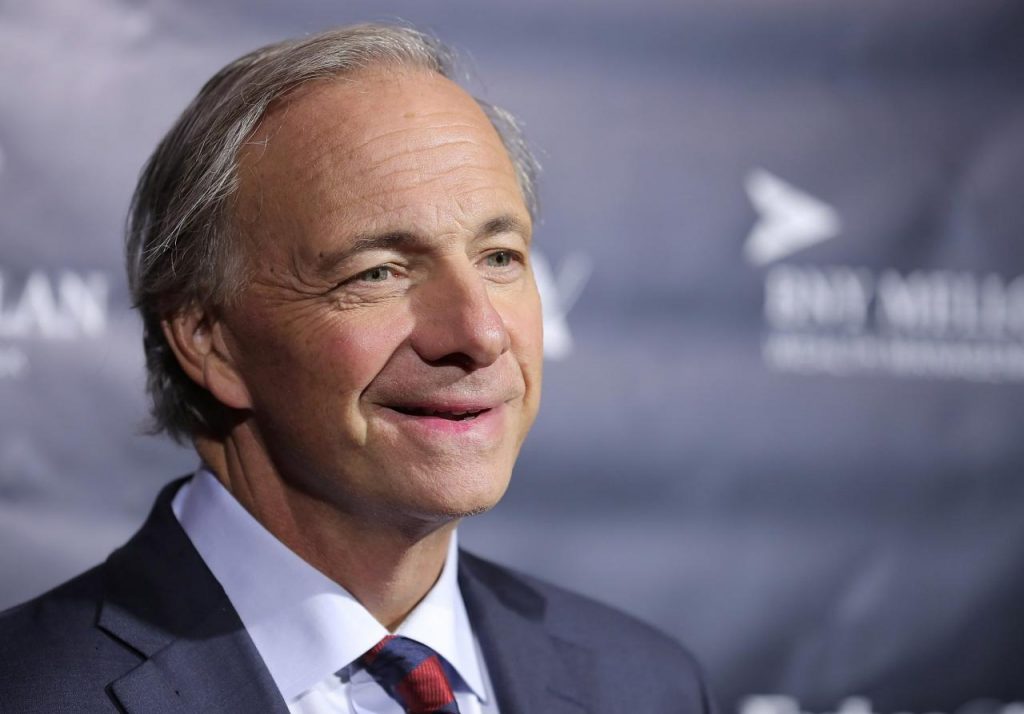
So, it’s the rise and decline of empires and it’s about world power and money, right? So the three things are - first, about money. You can’t separate economics from politics. So, can you distill the argument? I know it’s an entire book, but talk about these three things, and the big cycle, and where the U.S. Because this is effectively a book about how economic empires rise and fall. And those three things, most importantly, they are the main drivers of our existence today. So three big things are happening in our lifetime that never happened before. In other words, I needed to go before my lifetimes in order to understand them. For example, 2008 financial crisis, I understood that only because I studied the Great Depression. Well, I learned a long time ago that events that surprised me were, in many cases, things that didn’t happen in my lifetime before. Talk a little bit about what made you do this book? ray dalio So last time we talked was your first book, which was a big, fat book that could kill a poodle if you threw it on it. For example, and I’m just spitballing here, how about a tax on billionaires like him? So I wanted to dig into all that with Dalio and press him for some solutions. He documents this theory in his latest book, “The Changing World Order,” which centers on debt, inequity and polarization, basically an America that’s coming apart at the seams.

Anyone who’s covered tech for a while has certainly seen that coming.

Now it seems like Dalio is betting that world power is shifting, with China on the rise and U.S. When the economy went into a tailspin, Dalio’s firm reaped the rewards. In the 2000’s, for example, he anticipated the housing crisis. Dalio made his fortune betting on or against the future. I’m Kara Swisher and you’re listening to “Sway.” My guest today is Ray Dalio, the billionaire founder of Bridgewater Associates.

(SINGING) When you walk in a room, do you have sway? kara swisher Transcript A Billionaire Hedge Fund Manager Predicts the Future - and What He Sees Is Concerning Ray Dalio discusses the economic and political mechanics of a changing world order.


 0 kommentar(er)
0 kommentar(er)
